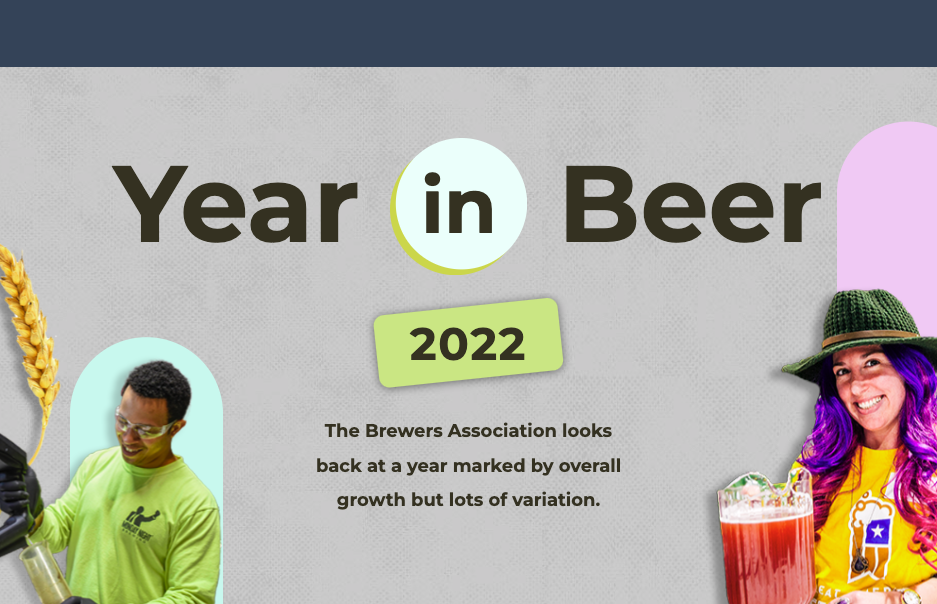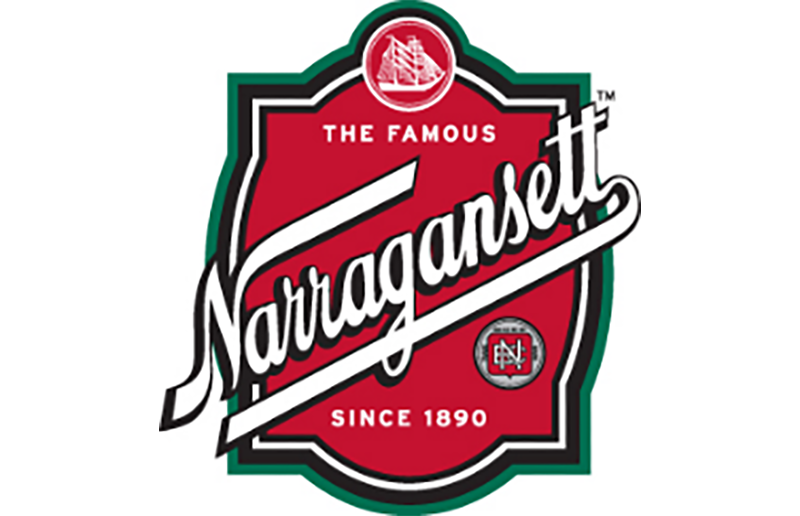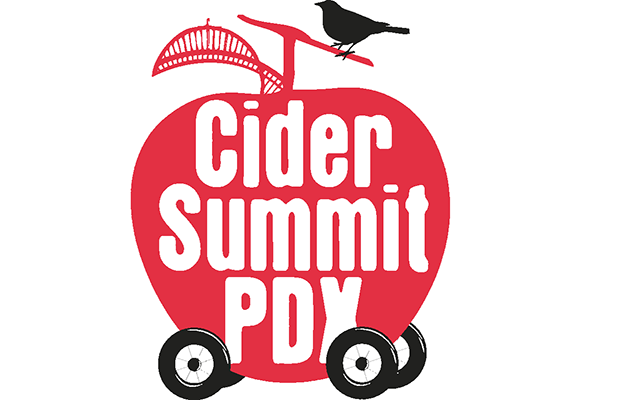
As the year draws to a close, the Brewers Association—the not-for-profit trade association dedicated to small and independent American craft brewers—recounts a year filled with varied growth, continued supply chain disruptions, and increased competition.
Despite these challenges, 2022 also saw a return to in-person events and the nurturing of the next generation of craft beer professionals. Breweries, bars, and restaurants continued their long and unsteady recovery in 2022, and while total on-premise sales bounced back to their previous trends, draught beer is still recovering. Small and local brewpubs and taprooms proved nimble during continued supply disruptions, faring better than micros and regionals fighting for shelf space in an increasingly competitive distribution climate.
Climate change and persisting supply and ingredient disruptions and shortages continued to plague brewers throughout the year. Although the 2022 barley harvest improved, the severe depletion of stocks in 2021 kept supplies tight and prices high in a dynamic and changing market. 2022 hop acreage declined slightly in the U.S., while the European harvest was the worst in decades. Disruptions in the supply of aluminum cans and CO2 continued to impede recovery.
“Riding through a challenging and competitive year, taprooms and brewpubs found ways to innovate and keep customers coming through the door, while brands with a retail presence continued to compete with other beverage alcohol choices for shelf space,” said Bart Watson, chief economist, Brewers Association. “2023 will be a reset for many brewers as they return to more conscious and thoughtful innovation to balance customer demand and adapt to supply chain fluctuations.”
Nationally and on the state level, the Brewers Association continued its work to ensure small brewers have equitable access to markets, fair tax rates, and sensible regulations.
In the fight for fair treatment for craft brewers, the Brewers Association submitted comments to the Department of the Treasury on wholesaler consolidation, unfair state franchise laws, and restrictions on direct-to-consumer (DTC) sales.
The Brewers Association joined fights against lowered excise taxes for ready-to-drink canned cocktails (RTDs) in Arizona, New Jersey, Washington, and Vermont and grassroots advocacy in Illinois, New Jersey, California, and Colorado. The BA will continue to support direct-to-consumer shipping, protecting existing allowances in states such as California, and bringing the practice to states currently without.
As the craft beer industry continues to mature, industry veterans have embraced their ability to assist newcomers as these rising professionals build their careers. Through its mentorship program, the Brewers Association has connected more than 100 mentors with entrepreneurs and professionals looking to develop their knowledge and skills, and those seeking to break into the craft brewing industry for the first time. With its fourth cohort now complete, the program has hosted 124 mentees and 102 mentors.
Beer lover interest in returning to in-person beer festivals was on full display in Denver October 6-8 as 40,000 attendees convened after a two-year hiatus for the 40th anniversary Great American Beer Festival.
“The maturing craft industry continues to grow more competitive, facing both internal business pressures and externally the continued growth of new beverage alcohol competitors,” said Watson. “While these challenges are daunting, craft brewers are known for their innovation and flexibility, and will need both as they evolve to meet the next generation of beer lovers with new beers and new occasions.”
learnings from 2022, the Brewers Association predicts that in 2023:
- Brewery openings will be the lowest in over a decade
- Distributed craft volume will not grow
- Supply chain will remain rocky, but collectively average prices will come down from 2022 peaks
- Total brewery employment will increase
Check out the complete 2022 Year in Beer report here. Brewers Association members are invited to attend the live Year in Beer Collab Hour webinar on December 15 at 11:00 a.m. MT with chief economist Bart Watson for a deeper dive into 2022 and predictions for 2023. Register here.





Be the first to comment